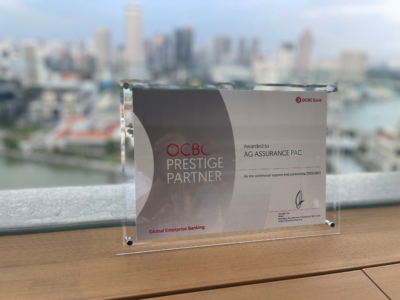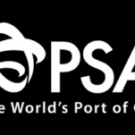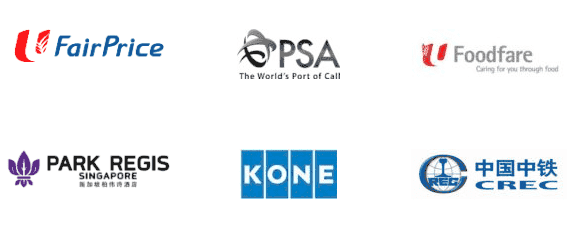In less than 100 days, the COVID-19 crisis has evolved from an outbreak in China to a global pandemic. Next to the catastrophic human tragedy, the crisis has rocked the global economy substantially. Singapore’s stocks plunged to a 10-year low, and the negative effects are expected to affect businesses for more than a year.
As such, businesses have an imperative to respond swiftly to protect their teams, address operational challenges and mitigate risks. Here are 4 ways your business can respond to the COVID-19 pandemic.
Protect Your Team Members First
Irrespective of the size, all companies have the first duty to protect their employees from the COVID-19. This means that it’s no longer business as usual at the office. Companies should start by developing plans to educate and communicate to employees clearly and consistently. These should be in line with the guidelines provided by the Ministry of Health.
As you disseminate information on how to protect and manage your teams, you should also establish open communication channels. This way, your team members can express their circumstances openly, and you can monitor in adherence.
For some organisations with remote teams, it may mean that you give the teams sufficient autonomy to make decisions according to their circumstances. For some units, such as finance, you can consider outsourcing the function to an accounting firm in Singapore, like Ackenting Group. We offer accounting and bookkeeping services to ensure your company remains financially up-to-date and business remains operational amidst the COVID-19 pandemic.
Set up an Impact Monitoring and Reporting team
With events changing so rapidly, you should create a COVID-19 impact monitoring and reporting team. The purpose of this team is to keep you informed about how the pandemic is affecting different business units, propose response and mitigation measures, and facilitate decision making.
Some of the areas that you’ll need to keep tabs on include the employee’s health and ability to perform, financial wellness, supply chain, and operations monitoring as well as contingency planning, and intra-organizational coordination and communication.
Such a team should work hand in hand with the CEO so as to facilitate rapid decision making.
Ensure That There’s Sufficient Liquidity
Due to the virus outbreak, businesses are facing financial strains which impact their operations. It is crucial to calculate whether there is sufficient amount of liquid assets that can be turned into cash. This will allow your business to be in better positions to meet financial obligations, cover costs and payments, and get financing.
Reach out to an accounting firm in Singapore such as Ackenting Group, and we can help you simulate bespoke scenarios and how they will affect your company’s revenue and cash flow. We are able to develop models for the company’s profit and loss under each scenario and point triggers that would impair liquidity, along with solutions on how to mitigate or stabilise them.
Stabilise The Supply Chain
One of the most profound effects the COVID-19 crisis has had on companies is the disruption of the supply chain. The empty shelves in supermarkets are only but a small indicator of the effects of COVID-19 on global supply chains.
Companies are grappling with immediate response measures such as expedited shipments, boosting inventory levels, and alternative sourcing. Such solutions to stabilise the supply chain demand sufficient liquidity to have minimal implications in the long-run.
As an accounting company in Singapore, Ackenting Group will help you get a fresh perspective on the company’s financials and how you can maximise cash flow safely.
Adapting these actions swiftly will help your company respond to the COVID-19 crisis responsibly and keep your business on course to performance.
If you require any assistance on accounting services, feel free to drop us an email at johnwoo@ag-singapore.com or contact us at +65-66358767. At Ackenting Group, we offer a complimentary 30 minutes online consultation for us to better understand your business requirements.












